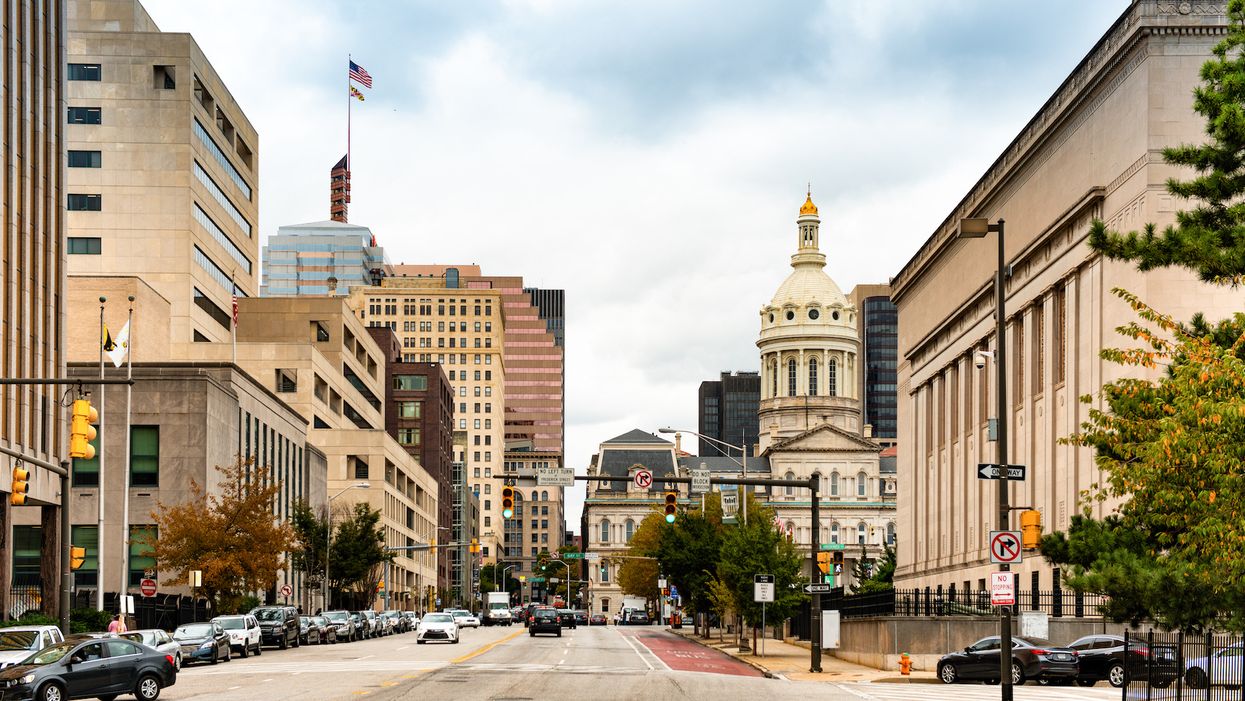Baltimore is on the cusp of becoming one of the biggest cities in the country that gives taxpayer money to candidates willing to wean themselves off other sources of campaign cash.
The City Council approved legislation Monday creating a system of public matching funds for people running for local office who forswear donations from political action committees, corporations or unions — or from constituents wanting to give more than $150. Unless Democratic Mayor Jack Young rejects the bill, which seems unlikely, the system will take effect in the 2024 municipal campaign.
While the idea is effectively a dead letter at the federal level, public funding has gained steady popularity in states and localities, where advocates have successfully sold the idea as a way to stanch the sway that big money contributors exert on policymakers. Fourteen states and at least as many cities and counties now use grants, matching funds or vouchers to steer candidates away from private money.
The most recent public funding adoptees include Howard, Montgomery and Prince George's counties, the three big Maryland suburban jurisdictions surrounding Washington.
After three-quarters of voters supported a 2018 ballot measure to reform campaign finances in Maryland's biggest city, the council drafted the bill that's now on the mayor's desk. Members described public financing as a way to allow more people of modest means to compete for local office at a time when the cost of campaigning in the city has increased significantly.
Under the bill, candidates would have to display some support from the electorate before claiming taxpayer money — at least 500 contributions totaling $40,000 for mayoral aspirants, for example, and 150 donations amounting to $5,000 for council candidates.
The maximum donation from an individual would be $150, which would receive a $625 match. Mayoral candidates would get a headstart of $200,000 once they qualify. But above that the amount of matching funds would be capped at $1.5 million for mayoral candidates and $125,000 for council candidates.
Overall, this new system is anticipated to cost the city $2 million or a bit more each election.
The municipal financial office opposed the bill because it would automatically provide money for the matches, a break with precedent dicating most spending be subject to the annual budget process.
In Baltimore's last mayoral and council election, the donor pool did not reflect the city's demographics, according to an analysis by Demos, a left-leaning think tank that favors public funding.
About two-thirds of residents are black and one-third white, but that ratio was flipped for 2016 donors. In addition, residents who make more than $100,000, less than one-fifth of the population, accounted for 48 percent of the donations given to candidates.





















